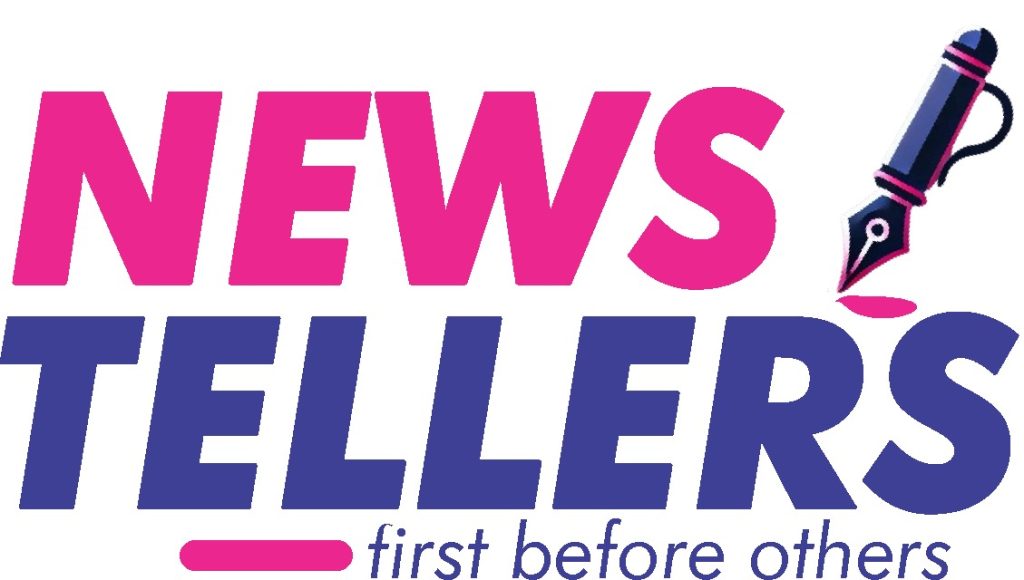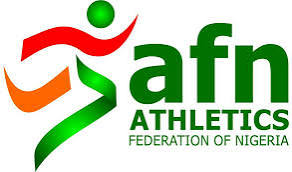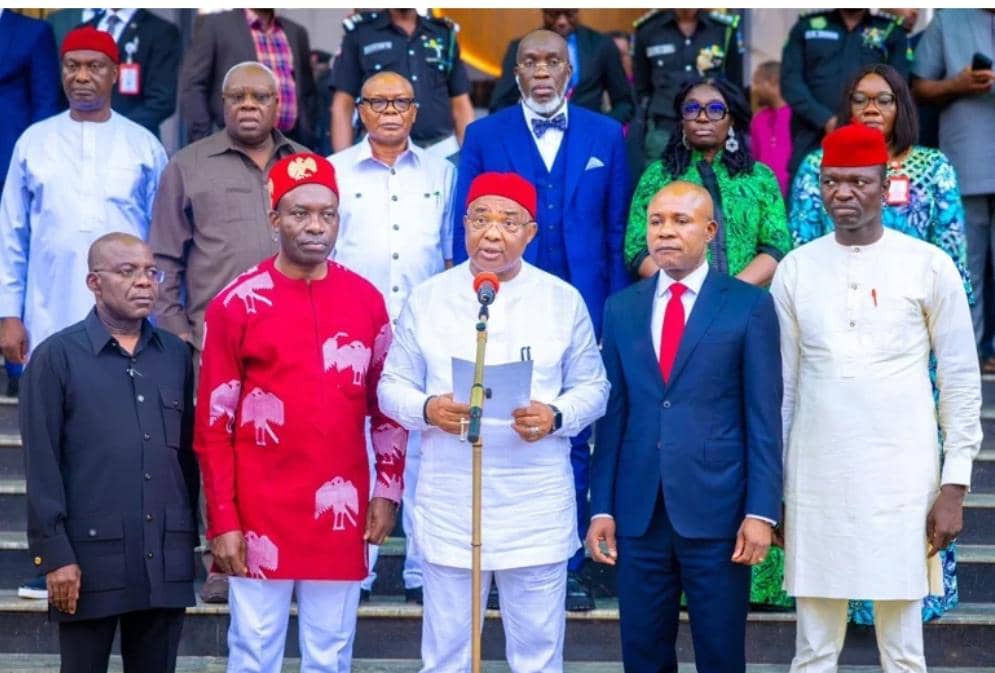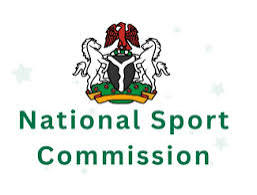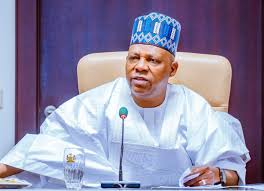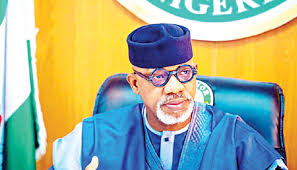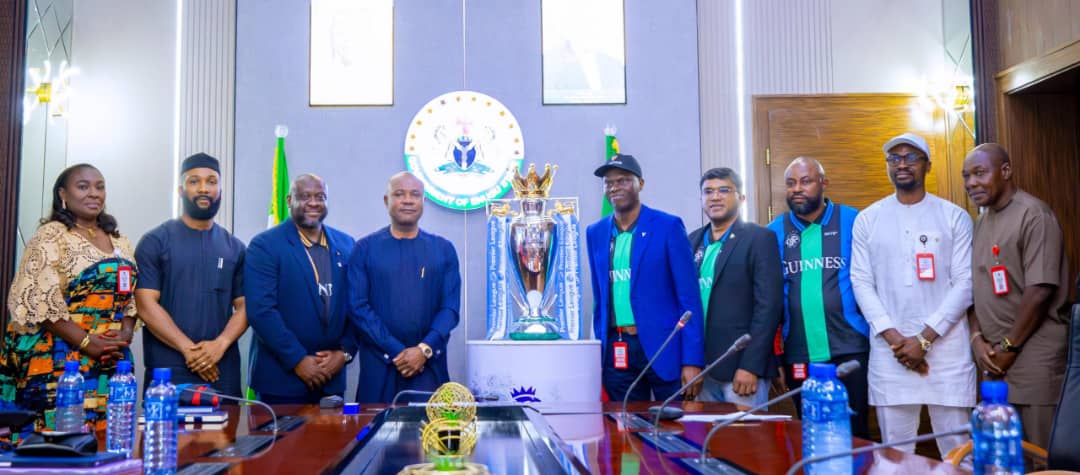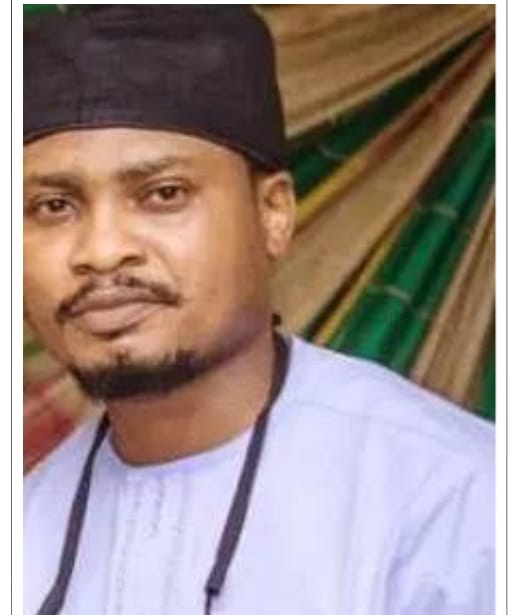
By Blaise Udunze
In recent months, Nigerians have been grappling with yet another increase in the cost of acquiring and renewing international passports. The hike, announced by the Nigeria Immigration Service (NIS) and approved by the Federal Government, has drawn mixed reactions from citizens who considered the development as an additional burden in a period marked by rising inflation, job losses, increasing cost of living, and a minimum wage that often fails to meet basic needs.
For many, the new fees are not just about higher costs; they symbolize the broader frustration with systemic inefficiencies and the duplicity of identification requirements in the country.
The most recent hike took effect on September 1, 2025, with the 32-page, five-year passport now costing N100,000 and the 64-page, 10-year passport priced at N200,000. This marks a sharp jump from the September 2024 adjustment, when fees were raised from N35,000 to N50,000 for the 32-page passport and from N70,000 to N100,000 for the 64-page booklet.
While the NIS maintains that the new rates are necessary to cover production costs, improve service delivery, and align with global standards, the development has left many Nigerians feeling further squeezed in an economy where inflation, unemployment, and a weakening naira already bite hard.
Think of it: for many homes, the revised fees place passports further out of reach, particularly for those who rely on travel for education, business, or medical reasons. In Nigeria today, securing a passport requires the individuals to save up for it. It feels like ordinary people are being punished.
Yet beyond the pricing issue lies another longstanding challenge: the fragmentation of Nigeria’s identification systems.
After a decade of trial and error, Nigeria is struggling to streamline its identity management, as a more sustainable approach is needed to prevent the ID program from becoming an ongoing financial drain on the country’s coffers and the citizens.
Over the years, the Federal Government has rolled out multiple identity schemes, including the National Identity Number (NIN), Bank Verification Number (BVN), Permanent Voter’s Card (PVC), Driver’s License, and the International Passport. Each was introduced with the promise of harmonization, but in practice, citizens are still required to present several forms of identification when applying for passports or accessing services in other areas, including banks requesting for verifications that would require newspaper publications or court affidavits.
Beyond burdening the citizens, another critical area affected is small businesses. Small and medium-sized enterprises (SMEs) are the backbone of Nigeria’s economy, contributing nearly half of the national gross domestic product (GDP) and employing millions across the country. Yet, despite their importance, this sector is being stifled by inefficiencies in Nigeria’s fragmented identification system.
For small business owners, this means repeated documentation and delays, higher operating costs, limited access to finance, reduced trust and lost opportunities, and inefficiency in government support programs.
At the heart of the problem is the lack of identity harmonization. Instead of one centralised system, Nigeria operates multiple siloed identity databases that are managed by about 13 government agencies and other critical organisations in Nigeria, like the National Identity Management Commission (NIMC), the Corporate Affairs Commission (CAC), banks, and tax authorities, among others. This lack of integration leads to the repeated collection of the same personal details, wasting resources and subjecting citizens to delays and duplication, while also stifling the growth, innovation, and resilience of SMEs, to the detriment of the economy.
The question this issue elicits is, if the NIN is truly a unique number, why does one need to provide BVN and voter’s card again? We are repeating the same process over and over that could have been managed in a more efficient manner.
This duplication has created inefficiencies, overlapping bureaucracies, and unnecessary costs for citizens and small businesses. A streamlined, centralized database would not only reduce the stress of acquiring documents but also strengthen national security, financial inclusion, business productivity, and trust in government institutions. Countries such as India, which consolidated identification through its Aadhaar program, have reported reduced fraud, faster service delivery, and cost savings for both government and citizens.
The fact remains that while revenue generation is important, reforms in the identity ecosystem should precede further cost increases. A harmonized system anchored on the NIN would not only make passport processing more efficient but also justify any upward review in fees, as citizens would be assured of better value for their money and it would definitely improve the ease of doing business. In other words, the federal government should suspend the fee hike until identity harmonisation is achieved.
The federal government has repeatedly emphasized its commitment to digital transformation and the ease of doing business. To deliver on this promise, the priority must shift toward harmonizing identity databases, reducing duplication, and ensuring that citizens are not unduly burdened by multiple verification processes, as this will allow government to plan more efficiently to better foster financial inclusion, digital economy growth, and integrated national security efforts.
As the debate over passport fees continues, one fact remains clear: the issue is not merely about rising costs but about the larger need for a citizen-centered identification system that works efficiently, fairly, and transparently.
Blaise, a journalist and PR professional writes from Lagos, can be reached via: blaise.udunze@gmail.com

